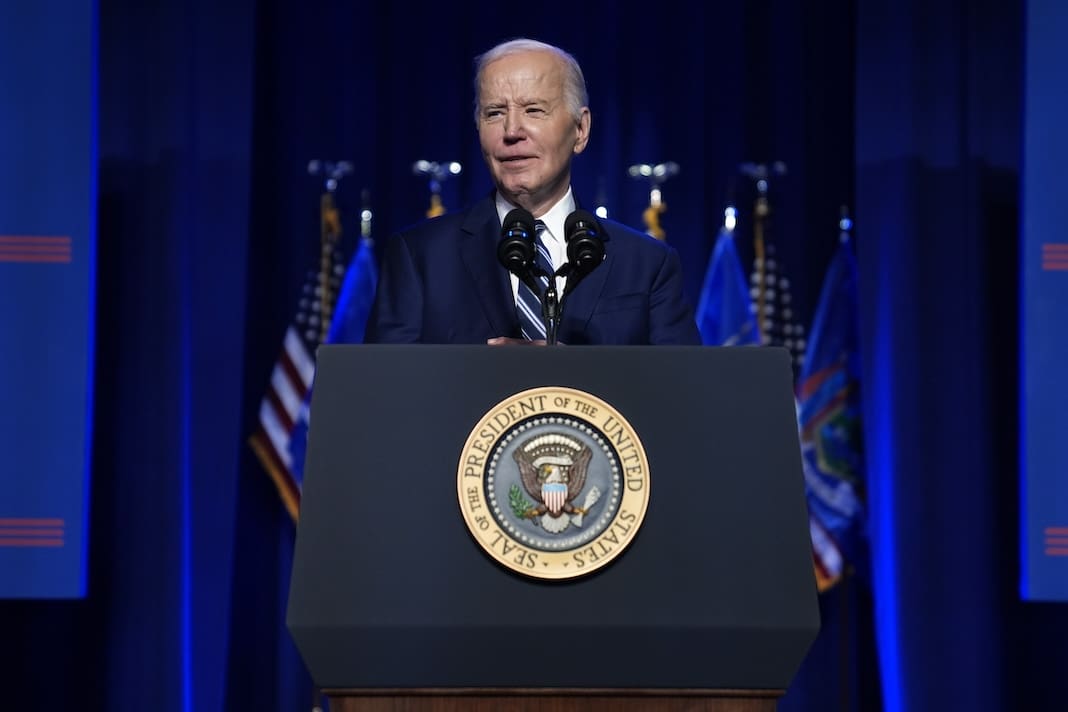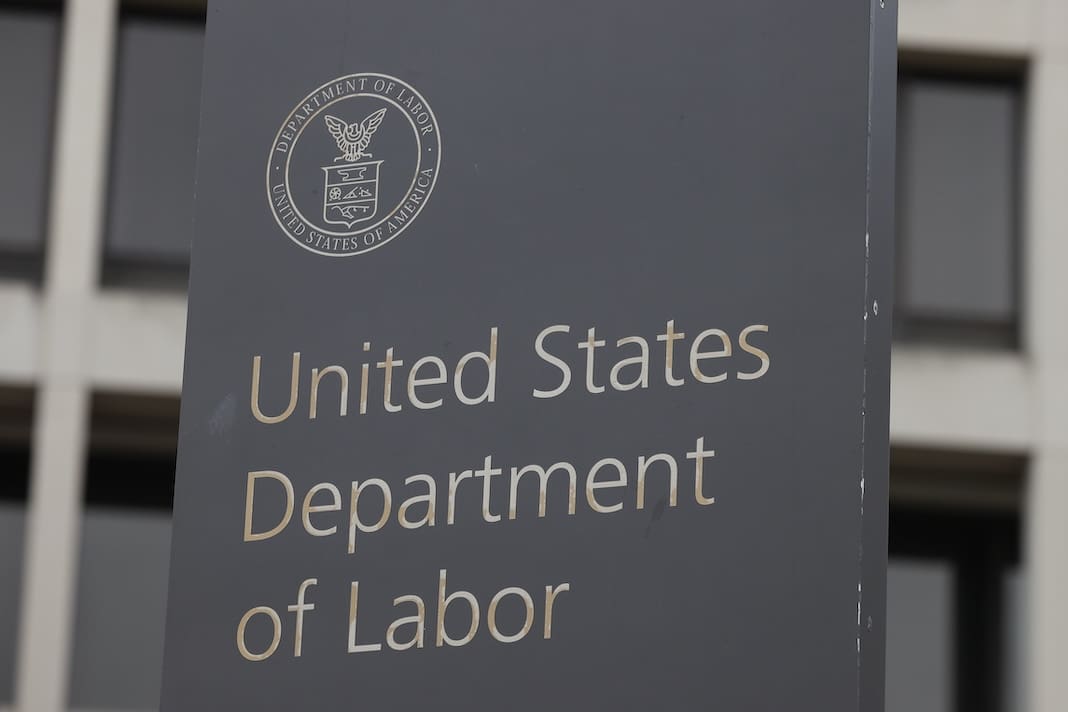Utility companies commit to hiring local union workers for upcoming clean energy projects
The White House estimated that by 2030 the Inflation Reduction Act will have invested $4 billion in clean power storage and generation in Wisconsin.

A coalition of four Wisconsin utility companies announced on March 26 that it had signed a pledge to use union labor in the construction of several renewable energy projects planned for the near future.
The companies, Xcel Energy, Madison Gas and Electric, Alliant Energy, and WEC Energy Group, agreed to hire union workers “to the fullest extent possible.” The agreement was reached with Wisconsin Operating Engineers Local 139, the North Central States Regional Council of Carpenters, the International Brotherhood of Electrical Workers, and the Wisconsin Laborers’ District Council.
“Skilled union labor is the key to building the sustainable, clean energy future Wisconsinites deserve,” Gov. Tony Evers said in a social media post responding to the announcement. “It’s great to see this commitment to ensure Wisconsin can make the most of the resources made available by @POTUS and the Inflation Reduction Act.”
The Inflation Reduction Act was signed by President Joe Biden in 2022 and includes a package of tax credits designed to incentivize the building of clean energy projects. When it was being debated in Congress, the legislation faced unified opposition from Republicans, including all of the Republicans in Wisconsin’s congressional delegation, who voted against it. Wisconsin Democrats, led by Sen. Tammy Baldwin, supported the bill.
The White House estimated in 2022 that by 2030 the Inflation Reduction Act will have invested $4 billion in clean power storage and generation in Wisconsin.
The law allocates tax credits for companies that pay their workers a local prevailing wage, to ensure that workers receive a salary at the same rate as other workers doing similar work in the same geographic area. By adhering to this standard, which is often set as a result of union negotiations, employers are prevented from undercutting salaries.
To receive Inflation Reduction Act credits, companies are required to hire a sufficient number of workers that have completed local apprenticeship programs, which are frequently administered by labor unions.
The law also awards bonus credits to companies for using materials that meet the federal standards that officially qualify them as made in America.
A 2023 report from the think tank Data for Progress projected that between 2023 and 2032 the climate and energy provisions of the Inflation Reduction Act would create or preserve 23,000 jobs in Wisconsin.
Investments in the transition to clean energy sources from fossil fuels are meant to reduce emissions of carbon dioxide, the biggest contributor to global climate change.
An analysis of the Inflation Reduction Act published in 2022 by the REPEAT Project led by the Princeton University ZERO Lab, which evaluates federal energy and climate policies, estimated that the law, along with the infrastructure law that Biden signed in 2021, will cut U.S. carbon emissions by about 1 billion metric tons. The report also said that the law will move the U.S. closer to the goal of reducing greenhouse gas emissions to 30%-42% of what they were in 2005.




